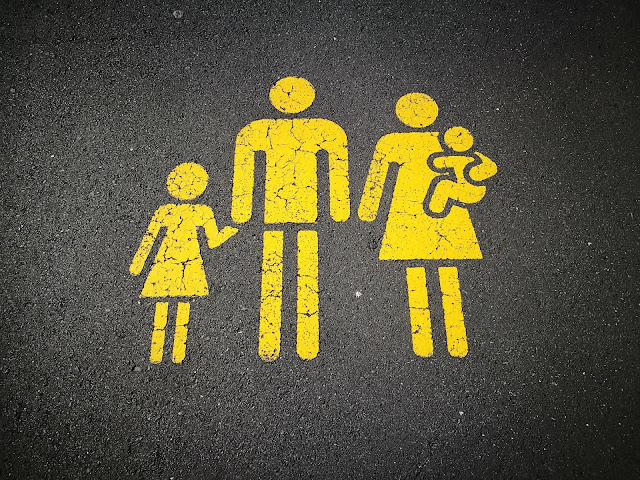Gender Identity and Trauma: An Inevitable Relationship
“Cultures of domination attack self-esteem, replacing it with a notion that we derive our sense of being from one dominion over another. Patriarchal masculinity teaches men that their sense of self and identity, their reason for being, resides in their capacity to dominate others.”
― Bell Hooks, Feminism is for Everybody: Passionate Politics
Patriarchy can be loosely translated as a system that prefers men over women. Not just our country but most of the world at present operates under a patriarchal structure. Our homes, our schools, workplaces, social circles and the society at large are plagued by the effects of patriarchy. This system disincentives women and people who do not adhere to this gender binary. The presence of the same can be seen in our language, rewarded behaviour and distribution of resources. Most social structures attempt to be inclusive and work towards equality limited to the idea of the gender binary, completely missing out on the idea that gender is fluid.
This does not mean that men have a straightforward time under patriarchy. Yes, while there are structural advantages that patriarchy offers in terms of generational wealth, freedom and security men are often discouraged to engage in seemingly feminine activities. Men are discouraged to seek support in times of crisis, “Man up” or “don’t cry like a girl” are some of the phrases that are commonly thrown around and are now a part of the usual vocabulary. Owing to such strong barriers in striving for such help, men are twice as likely to die of suicide as compared to women.
This often results in the perpetuation of toxic masculinity which leads to men internalising their trauma thus suppressing their emotions. Toxic masculinity affects us all regardless of gender. Children who identify as males, look for positive role models and in turn, begin to model whatever the adult men in their lives have to offer. This results in intergenerational trauma of domestic abuse, violence and mental health conditions. For women, they internalise their subservient position which often results in exacerbated mental illnesses and perpetuating patriarchy in their individual capacities. For individuals who identify as non-binary and transgender, are marginalised and deprived of social, occupational and medical opportunities.
Gender puts people at a disadvantage if they do not relate to the predefined and conventional gender roles. This affects people’s identity of self, confidence and self-esteem. For individuals who identify as non-binary or do not adhere to the traditional ideas of gender face a grave risk of discrimination, bullying and being deprived of healthy social interactions. Not only does this restrict people from growing and developing together as individuals, but it also furthers the stigma that unconventional is wrong. Further perpetuating self-doubt leads to a loss of self-esteem which might reduce people’s sense of self-worth.
Even with the legal functions and affirmative actions in place, the societal structure refrains genders other than men to readily access these remedies to pave the bridge towards equity. Hence, there is a greater need to address the structural issues, reframe our language and develop sensitivity regardless of gender. There is a need for an overall reform not just in social structures but also in our daily language and interactions not just to promote development but for better coexistence and reducing the impact of gender on mental health.
To shed light on this topic and to gain more insight into how gender identity leads to trauma, I Am Wellbeing hosted a session by Ms Mohita, founder of The Yellow Umbrella Foundation. The session provided novel insights on the topic and attendees benefited greatly from self-reflections.
Ananya
Intern
I Am Wellbeing


Comments
Post a Comment